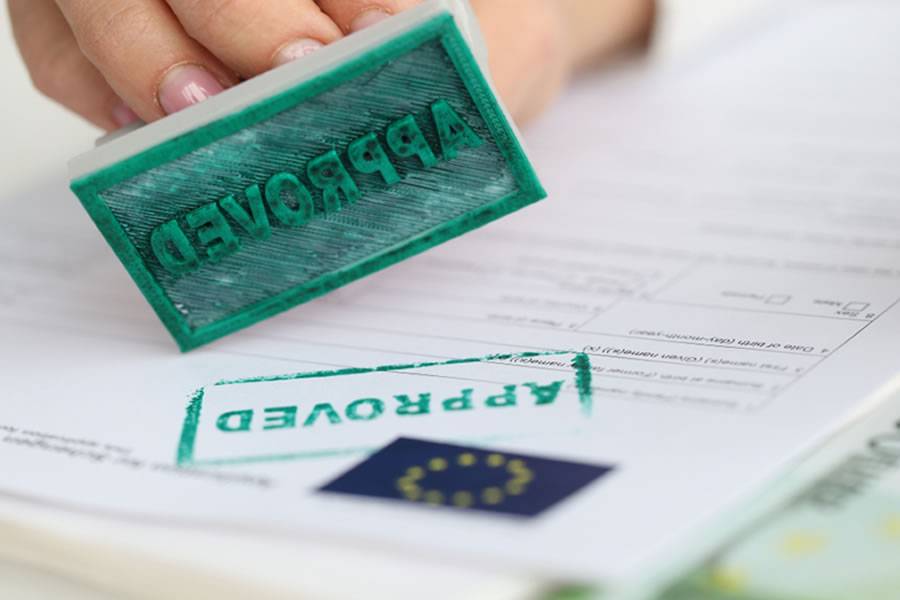The EU wants to make it easier for foreigners to work in EU countries
- 19-03-2024
- National
- Schengen Visa Info
The EU wants to make it easier for foreign workers, including those from the UK, to obtain combined work and residency permits. The move comes in an effort to promote legal migration of third-country nationals to EU countries for work purposes and to address the current EU labour shortages.
As reported by SchengenVisaInfo, the simplification of the rules for obtaining a Single Permit that allows the holder to work and reside in the EU was backed by the European Union Parliament. However, the new rules need to be approved by the EU Council before they become effective.
The recent update, which was backed by the majority of the Members of Parliament, introduces several important changes aimed at enhancing the efficiency and flexibility of the Single Permit system, including faster decisions on applications, the possibility of changing employers and jobs, and extended stay for unemployed Single Permit holders.
One of the most important changes is that the Member States will be obliged to process Single Permit applications within a strict 90-day deadline.
This new change significantly reduces the waiting time for a decision from the current four months, however, in cases when more complex applications need to be processed, an additional 30-day extension may be granted.
In addition, third-country nationals who already hold valid residence permits will now be able to apply for a Single Permit within the territory of the EU, without having to return to their home countries just to complete the application procedures.
CHANGING EMPLOYER
In line with the new rules, third-country nationals who hold a Single Permit will also gain the right to change their employer, occupation, and work sector. This will be possible with a simple notification from the new employer.
However, the EU Member States will have the possibility to impose a six-month restriction during which the foreign workers will not be allowed to change their employer to prevent people moving from job to job. Nonetheless, certain exemptions will apply, especially in cases where the employer breaches the work contract.
Commenting on the changes, Spanish MEP, Javier Moreno Sanchez, emphasised the importance of legal migration in combating irregular migration and human trafficking. He further highlighted the need to strengthen the rights of third-country workers and facilitate their integration.
The updated directive also offers greater protection for third-country nationals holding a Single Permit who find themselves unemployed, as they will now have up to three months to find alternative employment before their permits are withdrawn.
In cases when third-country nationals have held a Single Permit for more than two years, they will be given a six-month period to find employment and continue remaining in the bloc.
Regarding financial support, the new rules set out that if a permit holder remains unemployed for an extended period of time, they may be required to prove that they have sufficient financial means to support their stay in the Member States without relying on social assistance.
These new rules now need to be approved by the Council, and following the approval, the Member States will have two years to implement the changes to their national law. The changes will not be applied by Denmark and Ireland.
Other articles that may interest you...
Trending
Most Read Articles
Featured Videos
TributoFest: Michael Buble promo 14.02.2026
- 30-01-2026
TEAs 2025 Highlights
- 17-11-2025



























































